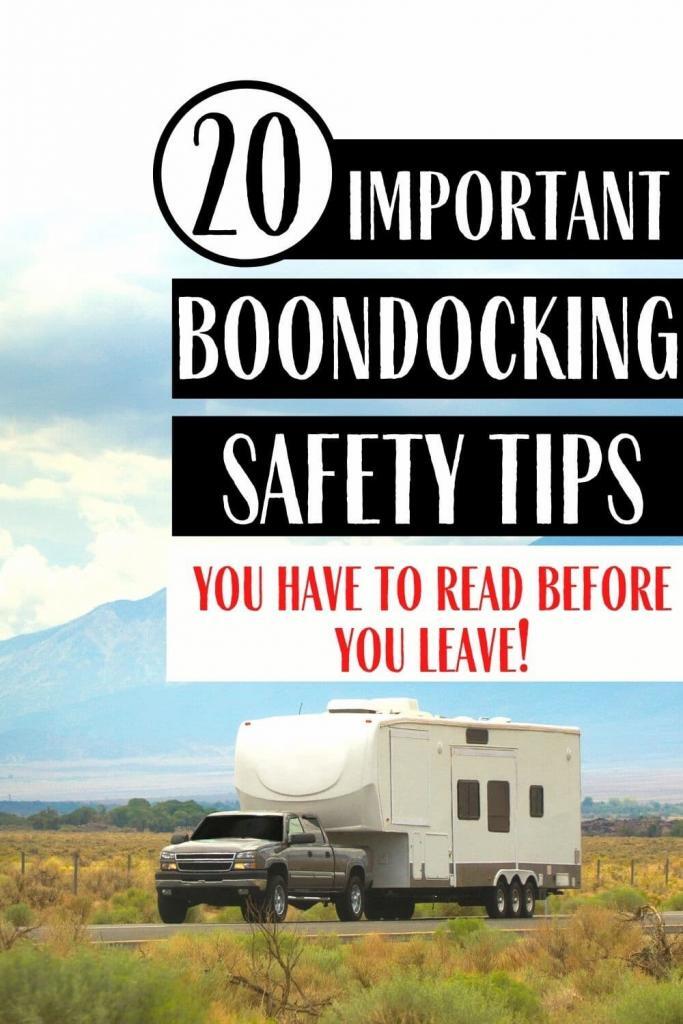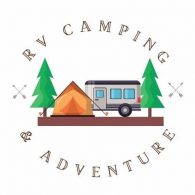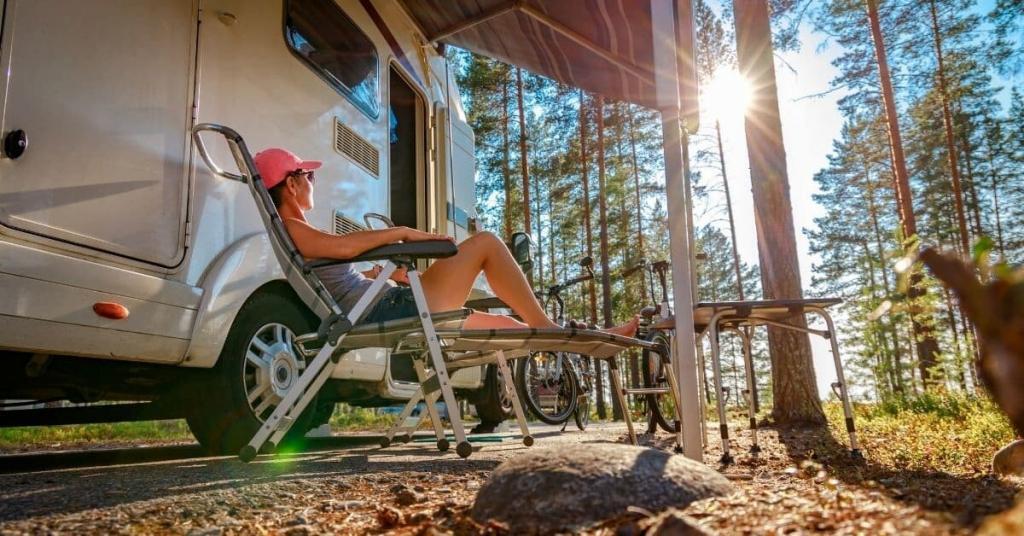Free camping or dry camping can be a great way to save money, see interesting places, and enjoy unique opportunities, but there are a few boondocking safety issues you need to keep in mind before setting out so you can have a fun, safe trip.
If you’re interested in boondocking and want to learn more about how to stay safe, then read on!
Here’s what we’ll cover in this article….
- Boondocking safety tips
- Must-have supplies
- Boondocking apps and websites
- Last thoughts about boondocking safety
- Related articles
This post may contain affiliate links, which means I’ll receive a commission if you purchase through my links, at no extra cost to you. Please read full disclosure for more information.
What Is Boondocking?
Just in case you didn’t know, boondocking is camping without the use of hookups – no water, sewage, or electricity.
It is also often referred to as dry camping, wild camping, or free camping.
Many people enjoy this type of camping on public lands like national forests or BLM land. There are many other public or private places to camp for free too, you just have to know where to look (we’ll go over that near the end).
Now that we’ve got the definition out of the way and are on the same page, here are those safety tips I promised!
Boondocking Safety Tips
If you’re going to spend time on roads less traveled, stay in remote areas, free campsites, or even an occasional Walmart parking lot, there are a few things to keep in mind.
1. Don’t Draw Attention To Yourself
People are always curious if they find out you are living in an RV, taking a cross-country trip, or not from the area. Most are just being friendly, but be careful what information you offer. Being discreet about your travels is one of the best ways to be safe when you are boondocking, but it can take some practice to get used to not being as transparent as you normally would be.
2. Be Sure To Lock Your RV When You Leave
Make sure your RV door and/or vehicle are locked up when you leave. This may seem like common sense, but it’s always a good idea to double-check before you go just to make sure.
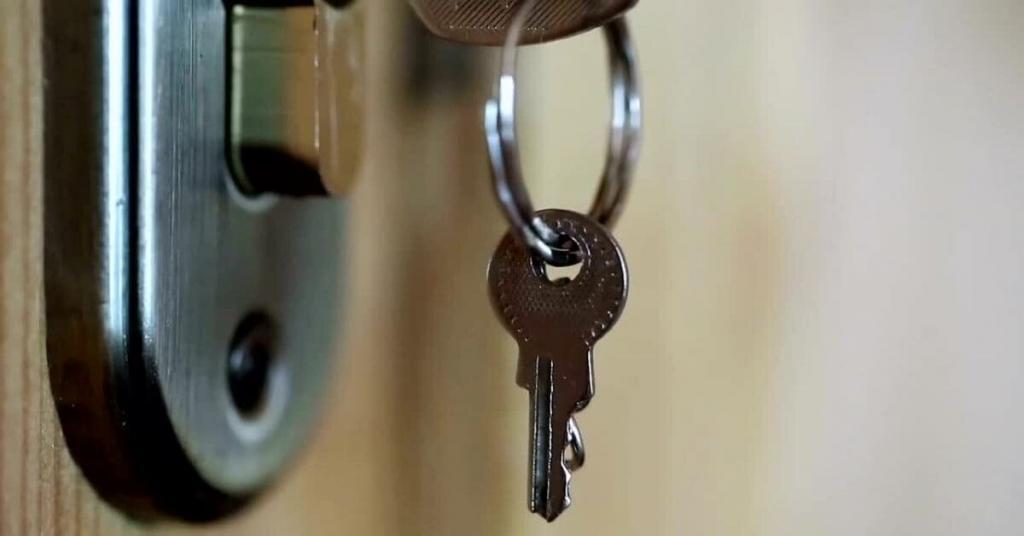
3. Invest In A Secure Door Lock
Always have a good deadbolt on your door. This is especially important with a travel trailer or RV since they are very easy to break into. New door locks aren’t that expensive but they are so worth the investment for the added peace of mind and security.
4. Be Careful What You Share On Social Media
Don’t post your travel plans, where you’re heading, or your exact location on social media. This is for your own personal safety and so you don’t end up a victim of theft. It only takes a few seconds for criminals to read your post and determine where you are or realize that your home is empty.

5. Take Advantage Of Technology
Nowadays, most new vehicles come with built-in GPS systems. While these can help keep you safe by tracking down your vehicle if it’s stolen, you must remember to use it. You should also take advantage of other safety systems such as OnStar and tire pressure monitoring systems that can notify the authorities if your vehicle is tampered with.
6. Park In Well-Lit Areas
If you’re going to stay at rest stops, a truck stop, or other similar places, make sure you park in well-lit areas at night. If you’re on private land or out in the middle of nowhere, then be sure to have plenty of lighting around your camper or RV and consider investing in a security system.
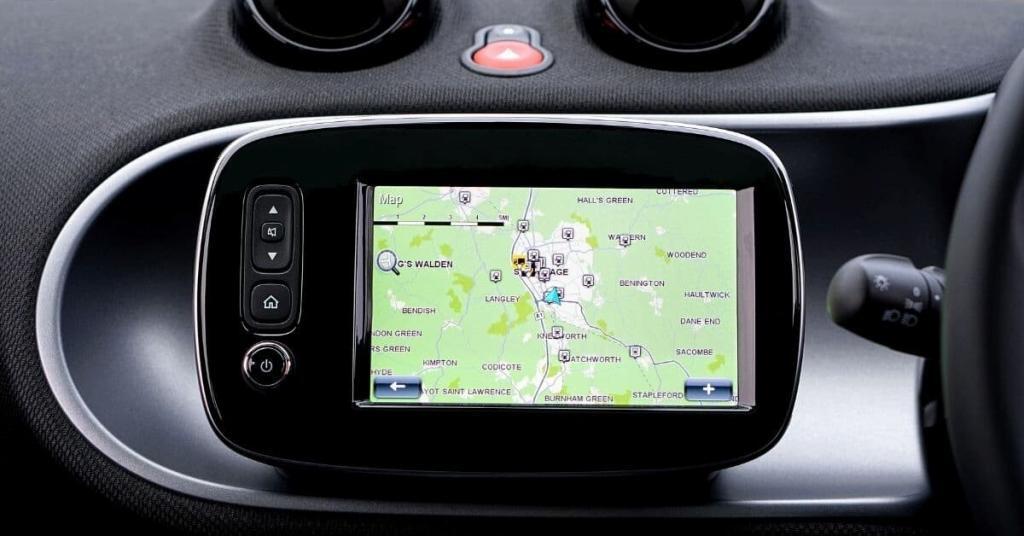
7. Don’t Leave Valuables In Plain Sight
If you can’t hide your valuables in one of your storage compartments, then the next best option is to make sure they are out of sight. Put your items in your trunk or under a seat so that it’s not visible to others. And it’s never a bad idea to lower curtains or window shade to keep peeping eyes out 😉
8. If You See Something, Say Something
If you see something suspicious while boondocking, contact the authorities immediately! This can be anything from an odd noise outside your camper to someone following you as you drive. If you’re at an RV park or campground, tell the security guard or caretaker and let him or her deal with it.
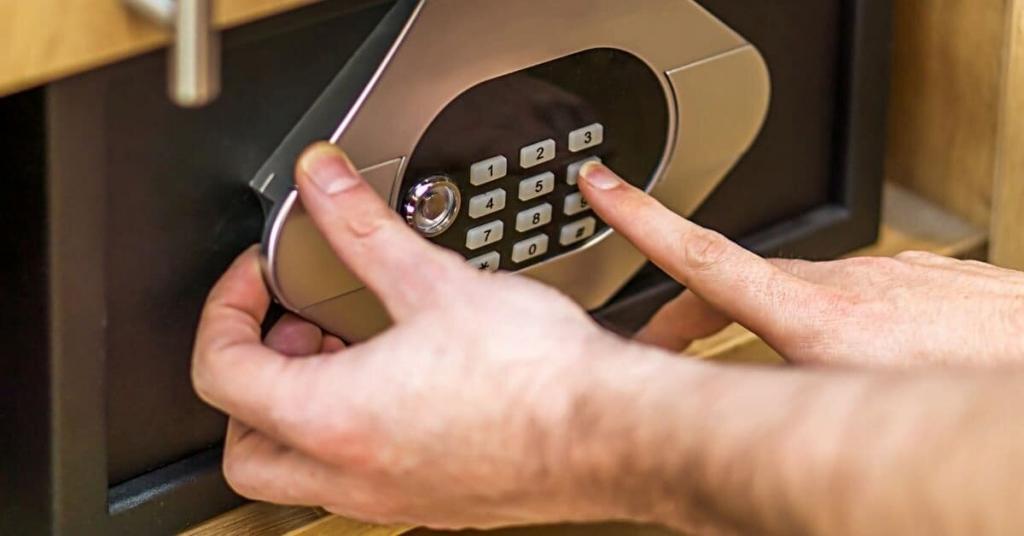
9. Research Where You Plan To Stay
If you’ve never stayed in a certain area and this is your first time visiting, then be sure to do your research. Look at the general area, is it a safe place? For urban areas look at crime statistics, along with nearby amenities, and best camping areas. Also, be very cautious when staying in national parks or wild camping as many areas are remote, may have dirt roads that are less traveled, and of course-wild animals. It’s always nice to have a place to yourself, but it does mean you will need to do a little research to find the safest place.
10. Always Have A Charged Cell Phone And Backup Form Of Communication
It’s always a good idea to have a charged cell phone with you at all times. You never know when an emergency may happen, so make sure you always keep your phone on hand. If possible, it is always smart to have a backup form of communication also, especially if you are in an area without cell phone reception or service
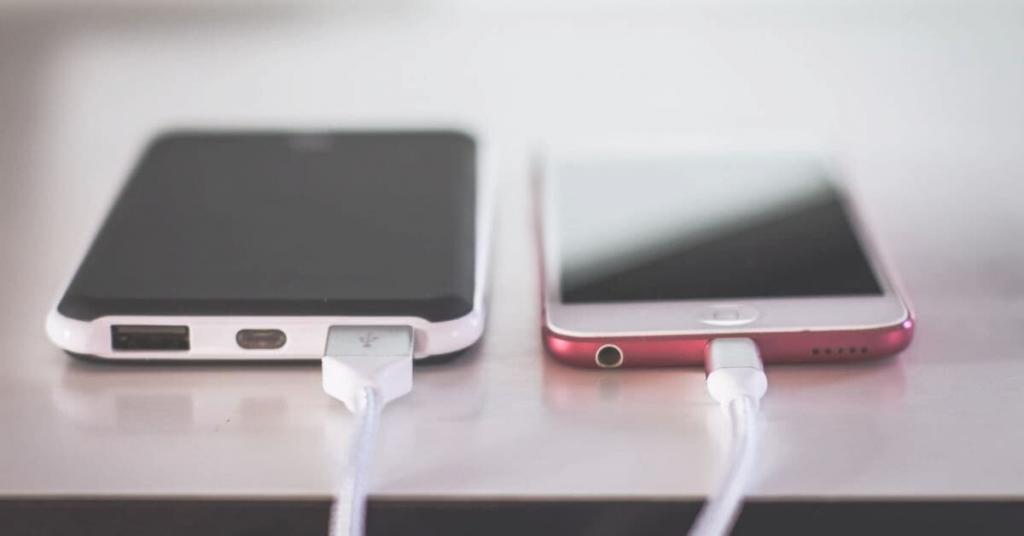
11. Stay Alert And Don’t Get Distracted
Even if you’re doing something that seems completely safe, stay alert! Make sure no one can get into your camper or RV without you noticing. If you notice anything strange or have a gut feeling that something isn’t right, be sure to get a good description of the person, event, or situation in case you need to report anything to the authorities.
12. Have A Self-Defense Tool On You At All Times
If possible, have a self-defense tool on hand at all times. Pepper spray is a good option because it’s easy to carry in a purse or pocket. Other options for self-defense could include a knife, stun gun, taser, panic button or pocket alarm, bear spray, or a firearm (as long as you are trained and it is legal to have one where you are camping).
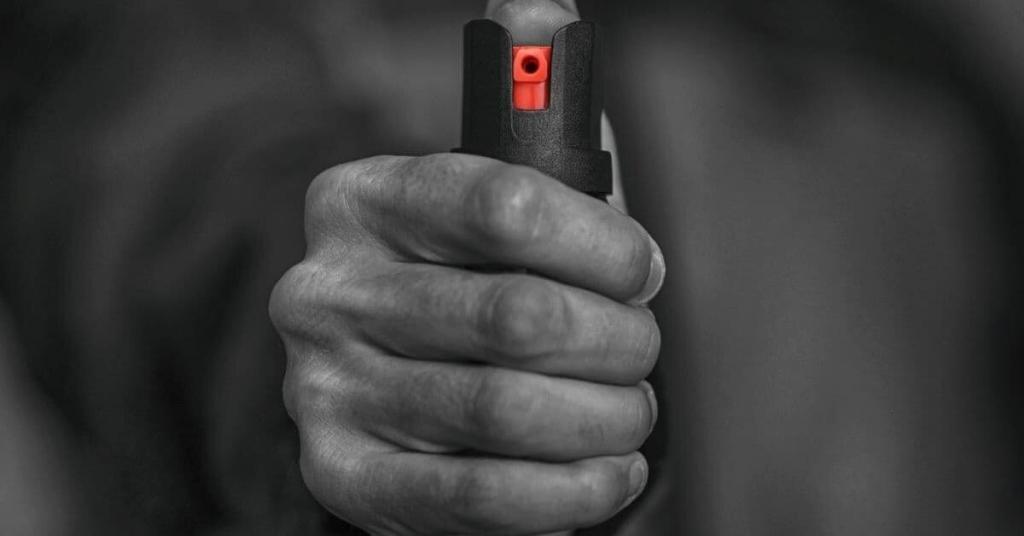
13. Let Someone Know Where You Will Be
Before you set out, make sure someone knows where you are. If something were to happen to you, this person could contact the authorities and let them know your last known location.
14. Trust Your Gut
If you get a weird feeling about something or someone, then go with that feeling and leave the area immediately. It’s always better to be safe than sorry.
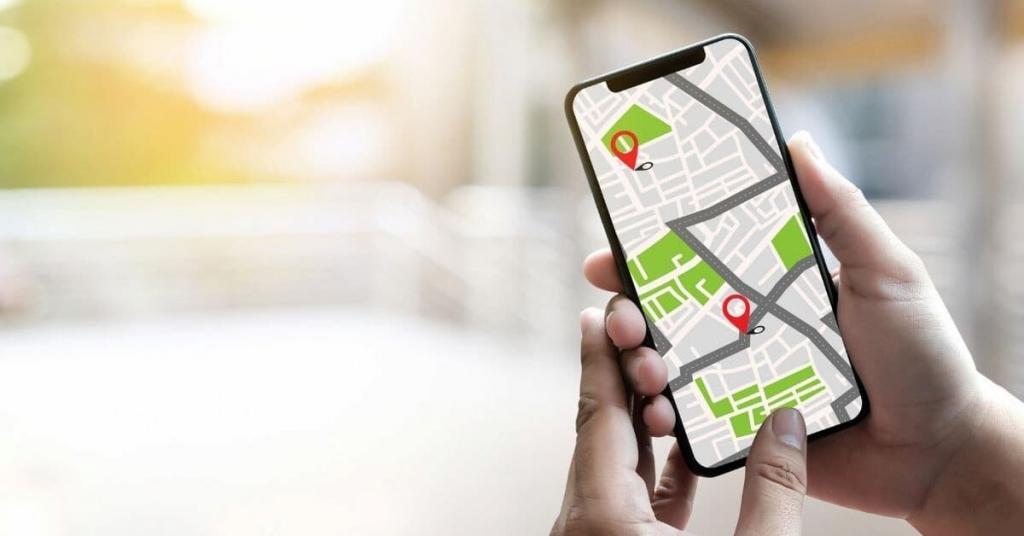
15. Watch Out For Animals
Boondocking safety isn’t all about being cautious of other people, animals can be something to watch out for too! If you’re planning to dry camp in the wilderness, make sure you know what kind of animals live in the area and how to react if you encounter them. If they see or smell your food storage, they may come looking for it. If an animal gets into your camper or RV, that could end up being a huge problem.
16. Invest In A Security System
If you have the money, investing in a security system with a great alarm system and security cameras can be a good way to keep yourself safe on your boondocking trip. There are tons of different kinds of personal alarms and security systems on the market that you could choose from. Just make sure it is something that will really grab someone’s attention if they try to break in.
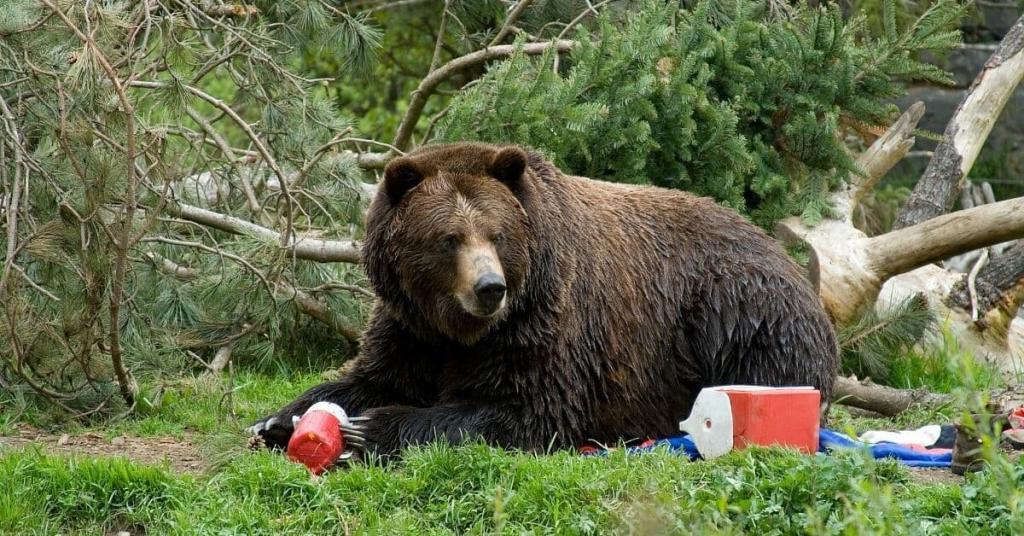
17. Have First Aid And Basic Safety Supplies
It’s always smart to have first aid and safety supplies on hand. Keep things like bandages, antiseptic wipes, an emergency contact list (in case someone needs to be contacted), rope (for emergencies), sunscreen, bug spray, etc. with you at all times. And be sure to check and refill your supplies on a regular basis.
18. Make Sure You Have Enough Food, Water, And Gas
Before you set out, make sure you have supplies to last at least a few days. I know that sounds a little silly, but if you have trouble with your vehicle, get stuck in inclement weather, or run into some other unexpected event you want to make sure that you have enough food, freshwater, propane, and gas for the RV or tow vehicle to last for at least a few days (or until help arrives). So make sure that if you don’t have access to full hookups you fill your fresh water tank, bring bottled water, have a composting toilet (or other means of waste disposal), extra food, and other necessary supplies.
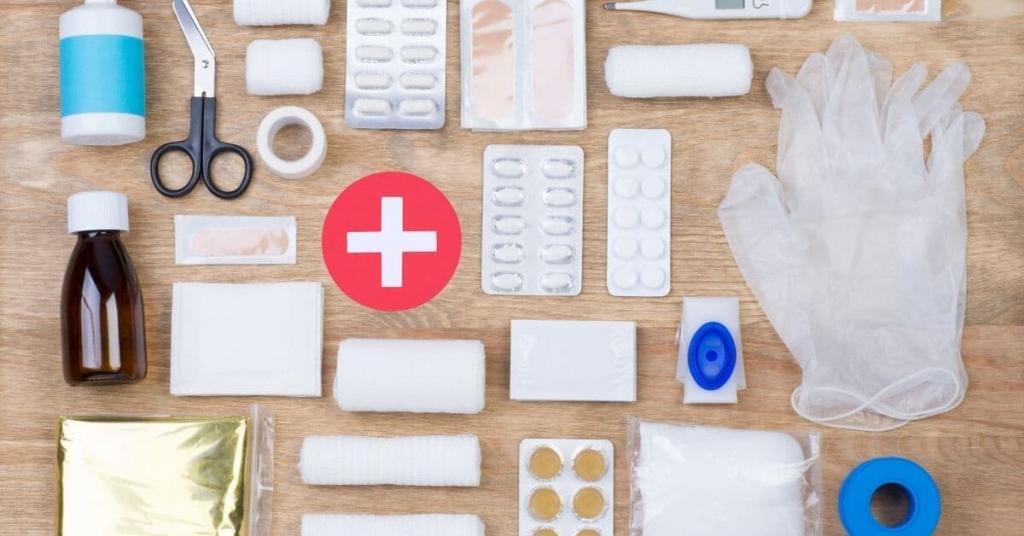
19. Have A Map, Compass, And Sense Of Direction
No matter how good your sense of direction is, always have a map on hand. Make sure you know where you are going and make sure someone else knows where you are headed as well. Even those with a good sense of direction can easily get turned around in the wilderness, so make sure you keep an eye out for your surroundings and stay aware of where you are.
20. Learn Basic Outdoor Survival Skills
Take some time to learn about the basics of outdoor survival. This can save your life if you ever find yourself in an emergency situation, and it’s always better to be safe than sorry. Just take a few minutes and read up on things like finding water, building shelter, starting a fire without matches, etc. These skills could really come in handy if you ever need them.
Bottom line: Plan ahead, prepare and always be careful!
Must-Have Boondocking Safety Supplies
Here are a few essential safety supplies you should consider packing before you leave. There are plenty of other camping items you will need that go along with safety (warm clothes, sunscreen, bug spray, warm blankets, matches/lighters, fire extinguishers, etc), and this list is by no means exhaustive, but it should help get you started!
- First Aid Kit
- Security door lock
- Outside lights
- Security system
- Locking safe
- Cell phone charger
- Satellite communicator
- Pepper spray
- Basic tool set
- Water jugs
- Road atlas
- Books- boondocking, survival, emergency
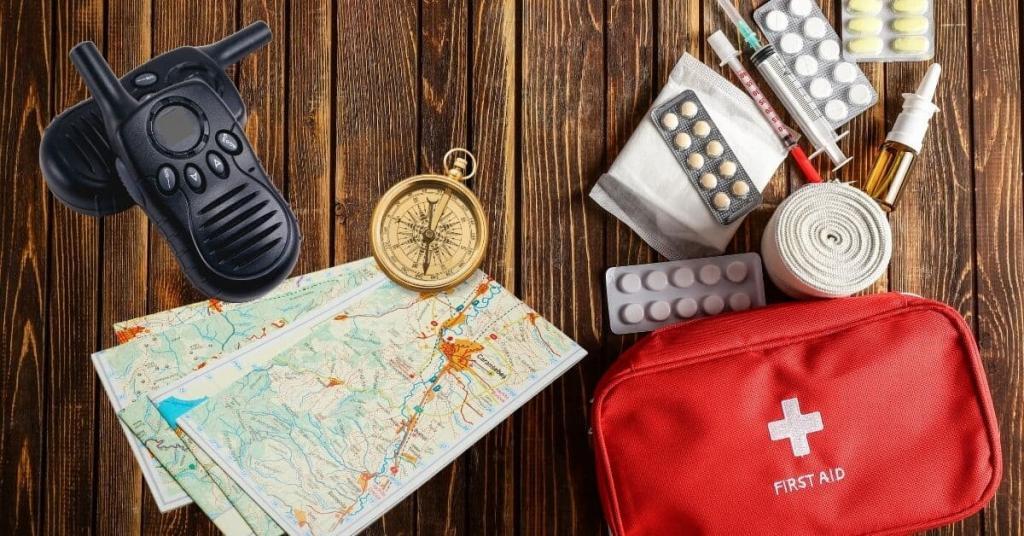
Helpful Boondocking Apps And Websites
If you’re thinking of dry camping, here are a few apps and websites that can help you find the best and safest places to stay so you can have a great trip.
3. Hipcamp
4. Campendium
Last Thoughts About Boondocking Safety
Boondocking is an excellent way to get back to nature and disconnect for a little while, but camping in the boonies isn’t always as safe as it may seem. Before you set out into unknown areas, make sure that you plan ahead, prepare yourself with safety supplies like first aid kits and self-defense products, and always be on the lookout for safety concerns.
With these boondocking safety tips, you can stay safe while enjoying all that free camping has to offer.
Safe travels on your boondocking adventure!
Related Articles
Looking for more RV-related info? Check out the RV Basics page as well as the related articles below!
- RV Boondocking For Beginners: Everything You Need To Know Before You Go
- What Is The Best RV For Boondocking? Here Are 10 Great Options!
- Boondocking Etiquette: General Guidelines And Helpful Tips!
- What Is The Best RV Battery For Dry Camping? Here Are 6 Top Picks!
- 5 Best Composting Toilets For An RV (+Pros And Cons, Tips, Benefits!)
- Top 5 RV Water Filters: Find The Best Option For Your Needs
- How To Quickly & Easily Sanitize An RV Water Tank
